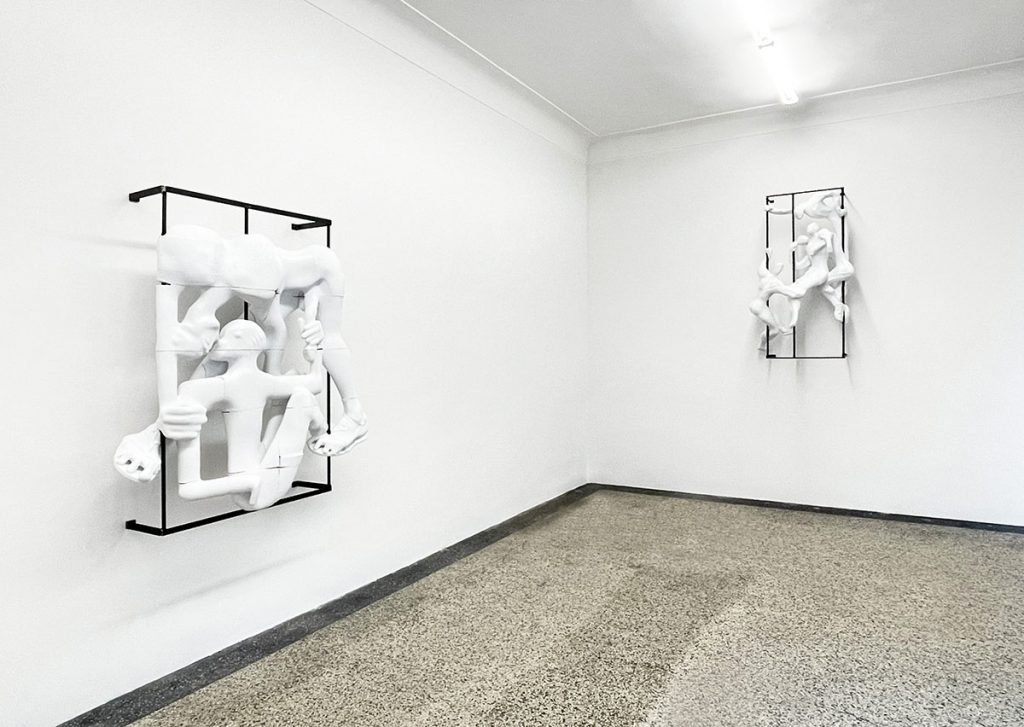
Manuel Graf
15 Jan. – 26 Mar. 2022
MANUEL GRAF, MEDITERRANEO
January 21 – March 5, 2011
The film “Mediterraneo” is about the myth of the Mediterranean – the Mediterranean as the cradle of civilization. The invention of agriculture (9000 BC), navigation (5000 BC), money and capitalism (4000 BC) are attributed to the Levant, the eastern Mediterranean area. But latest with the 15th century the Mediterranean is circumnavigated and devalued. And since then it played no longer a role in the global economy. Only recently, the Mediterranean area again is politically and economically sensitive. And its state of insecurity is reflected by lots of writings, symposia etc. concerning the conflict between Africa and Europe, Islamic world and the West … To make the film “Mediterraneo” Manuel Graf traveled to Crete, Istanbul, Anatolia and the Aegean. The work “Mediterraneo” is the third in the series of “Buchtipps” (reading- recommendations) by Manuel Graf.
(The first “Buchtipp” is based on the book “The sensitive Chaos” by Theodor Schwenk. It’s about water, air, the larynx that forms the air like a sculptor and the beginning of language. The second “Buchtipp” deals with Rudolf Steiner’s “Basic Issues of the Social Question”).
In this third “Buchtipp” Manuel Graf engages himself with Fernand Braudel’s “La Méditerranée”. Fernand Braudel was a French historian, who distinguished three levels of time in history: the longue durée, the economic and cultural cycle and the event-history.
The longue durée is the geographical time, the environment with its slow, almost imperceptible change, its repetition and cycles. Such change maybe slow, but its irresistible. The second level of time comprises social and cultural history, with social groupings, empires and civilizations. Change at this level is much more rapid. The third level of time is the history of individuals with names. This, for Braudel, is the time of surfaces and deceptive effects – the irrelevance of human politics.
The term “Longue Durée” emphasizes the slow and often imperceptible effects of space, climate and technology on the actions of human beings ( e.g. Barcelona lies at the mediteranean coast or the alps are between Italy and Germany) and it rejects the Marxist idea that history should be used as a tool to foment and foster revolutions. Thats why Manuel Graf is interested in Braudel.
In his computer-animated videos Manuel Graf shows philosophical stories about the time as a non-linear continuum. Within the medium of time developments and innovations can be and will be wound back or they are repeated.
So also in the work “Mediterraneo” . Here the birth and development of Mediterranean civilization in extremely abbreviated form is told. The sudden stops and direction changes in the history of man are the ideal material for this terse, summery video. Even after major disasters and dramatic change the “film”of history keeps rolling.
The “Do-it-Yourself” plays a major role for Manuel Graf. From the vast amounts of footage of the Neolithic, Minoan, Mycenaean and Hittite sites, in the end only a few scenes remain from the sea, islands, sailing ships and some old ceramic vessels. The music for the film is written or at least interpreted by Manuel Graf. From jazz with oriental scale to Bossa Nova, the music tersely tells of the great dramas of human development.
MANUEL GRAF | GALLERY EXHIBITIONS

15 Jan. – 26 Mar. 2022
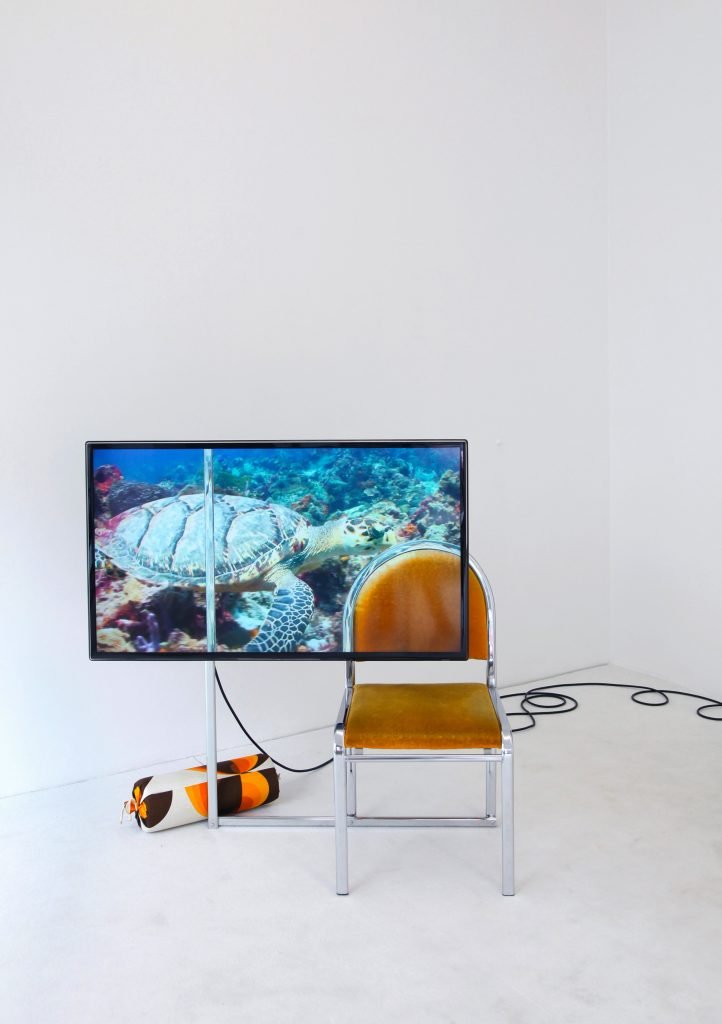
12 Jun. – 12 Jul. 2014
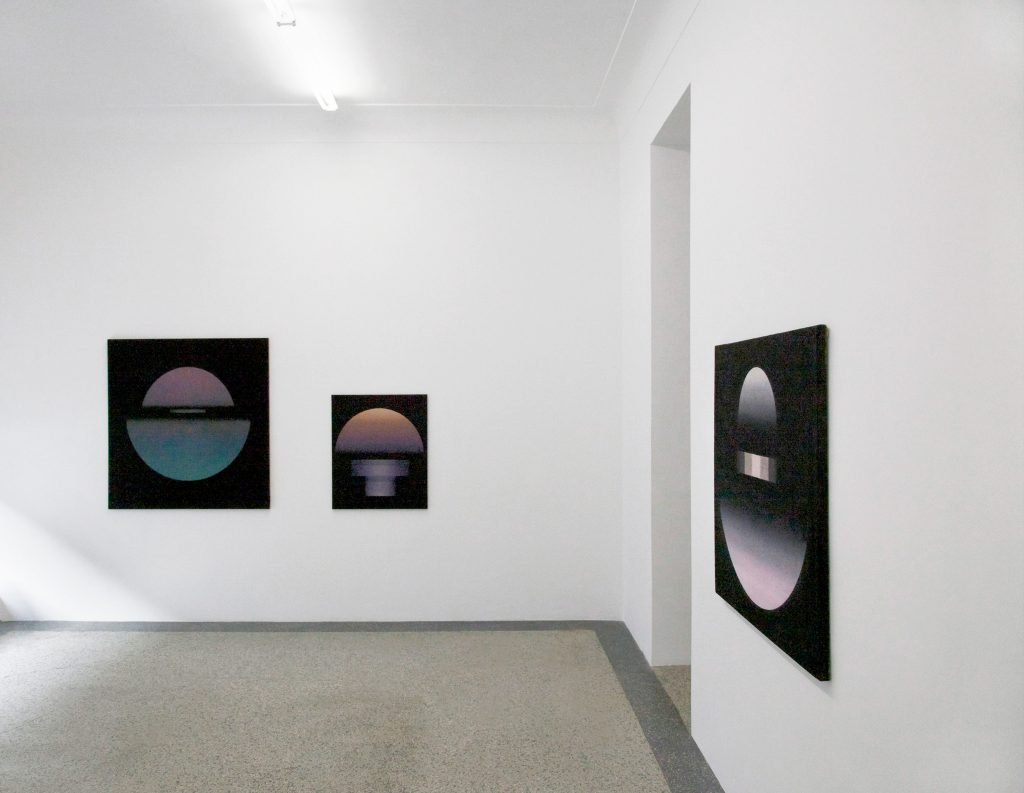
16 Mar. – 27 Apr. 2012
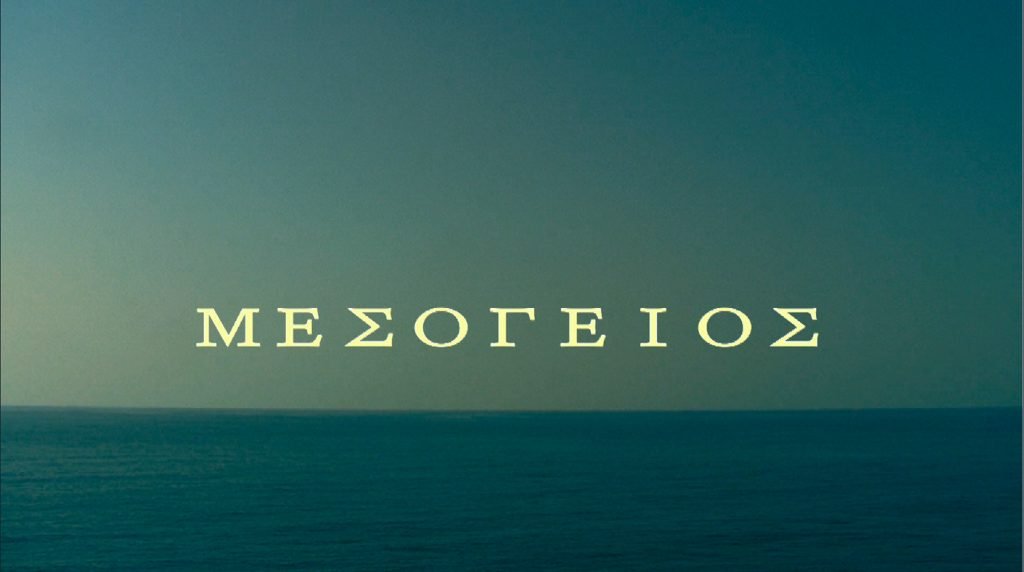
21 Jan. – 5 Mar. 2011
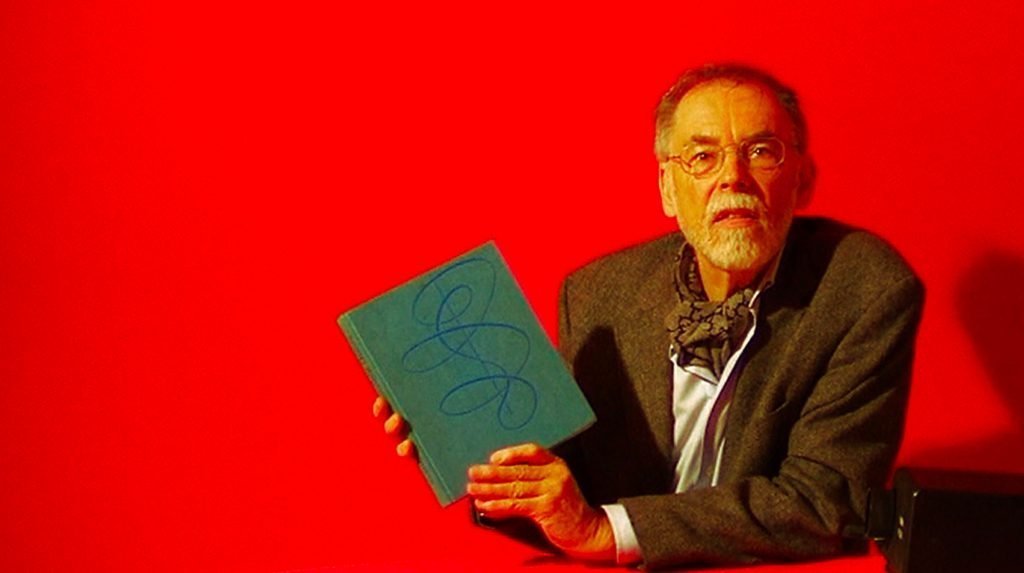
7 Jan. – 28 Feb. 2009
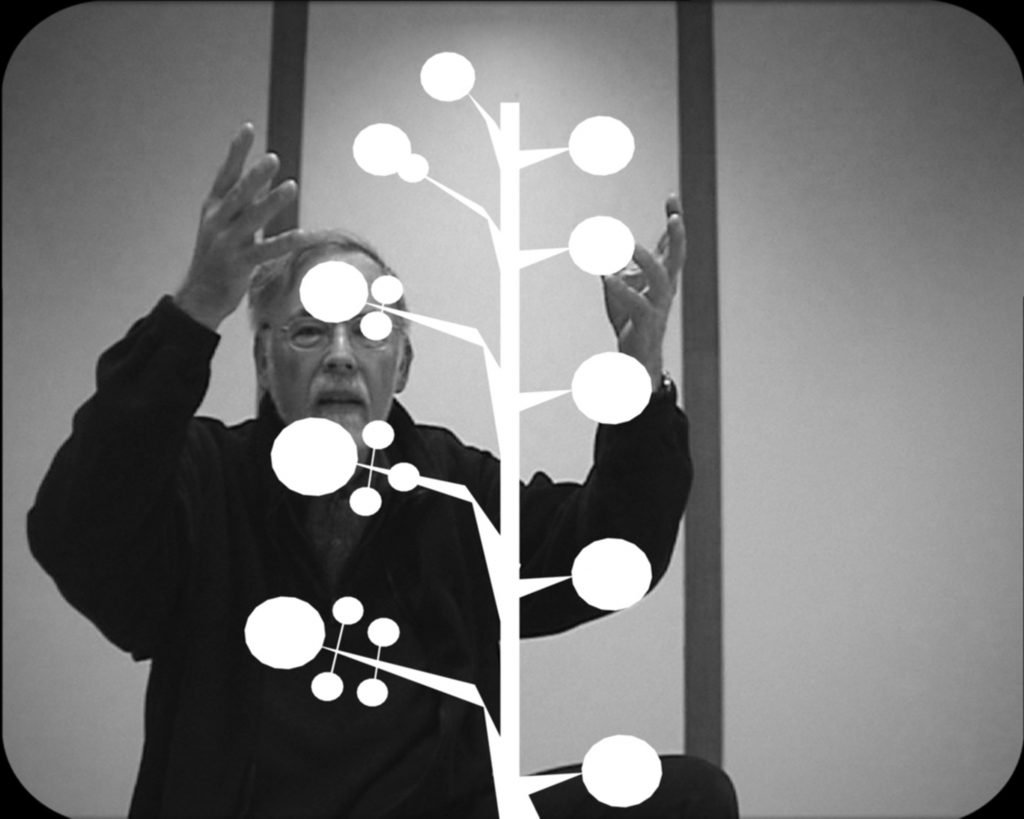
7 Apr. – 9 Jun. 2006